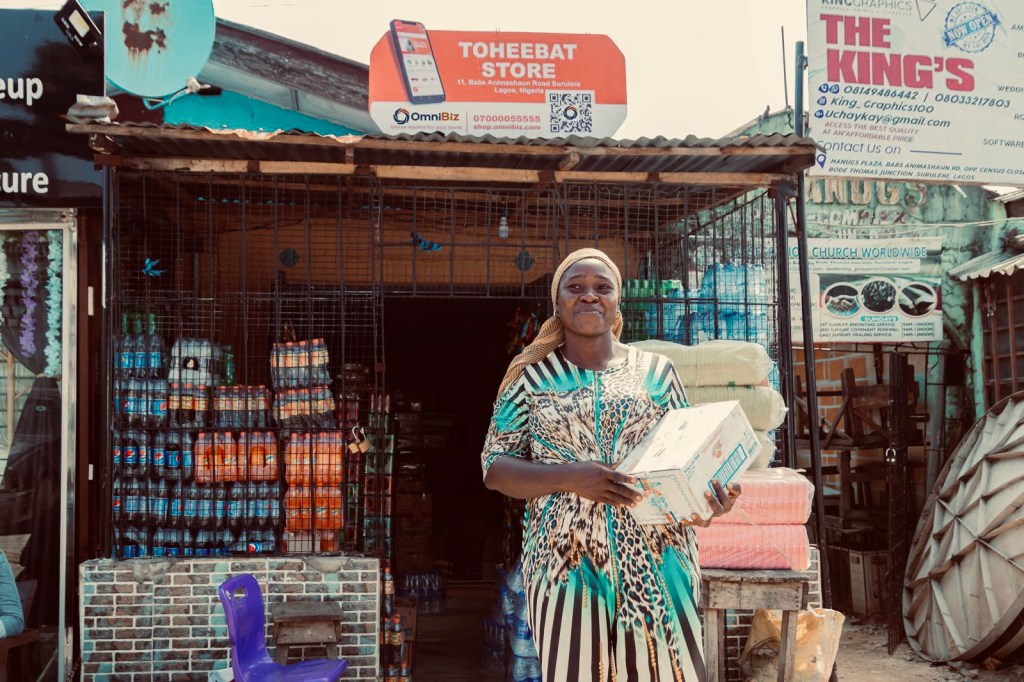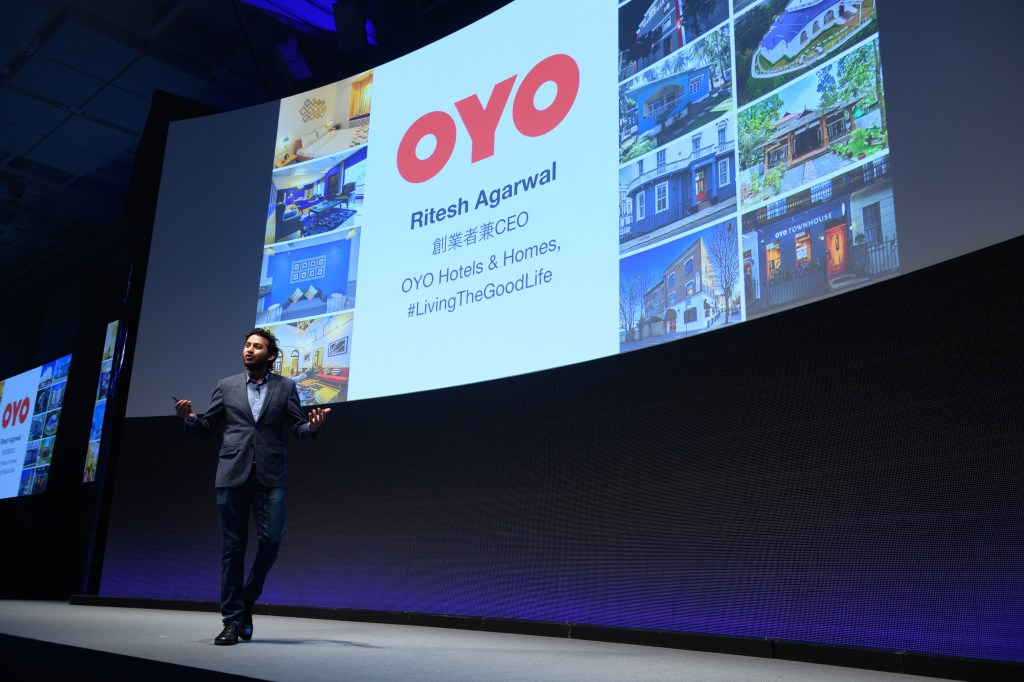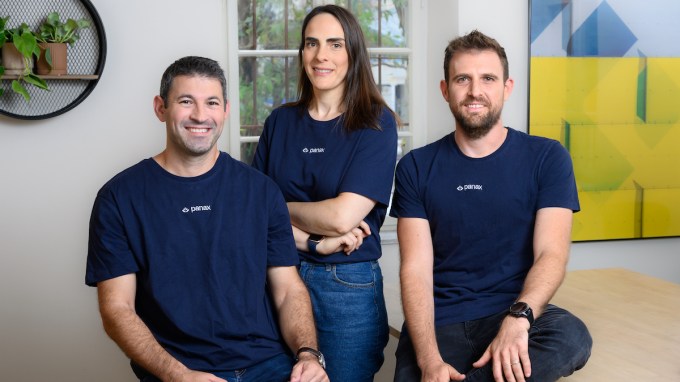Save for fintech and clean tech, B2B e-commerce and retail was the leading destination for venture capital dollars over the last five years. The premise of digitizing the continent’s mom-and-pop convenience stores and offering various solutions to streamline logistics and procurement processes saw hundreds of millions of dollars flood the segment, particularly during the venture capital boom of 2021.
However, the sustainability of building large, scalable businesses in this sector is now questioned due to funding constraints, tighter margins, and heightened competition. Most B2B e-commerce startups have struggled to keep subsidizing their products and expanding operations, leading to retreats, closures, downsizing and mergers.
As Ismael Belkhayat, CEO of Chari, one of Africa’s B2B e-commerce startups wrote in a blog post, “Startups in this space whose contribution margins were negative (meaning their margin from an order was lower than the order’s operational costs) correlated their growth to their burn rate. The faster they grew, the more money they lost. Unprofitable growth at all costs turns into a death sentence the moment the funding market freezes.”
Two of Africa’s largest B2B e-commerce platforms, MaxAB and Wasoko, in merger talks
For startups still operational, choosing the most optimal strategy for digitizing store operations while simultaneously achieving profitable scaling in the fast-moving consumer goods (FMCG) space is increasingly vital. Gross margins in the industry are tight, typically ranging between 3% and 6%, influenced by factors such as goods category, operational scale, negotiation power and supplier relationships. Logistics and warehousing costs are also factored in, differing between asset-light and asset-heavy models.
Making a case for asset-light models is Nigeria-based OmniRetail. The company says it’s currently profitable dating back to last November, an impressive feat in an industry where startups have struggled to break even and whose conditions are worsened by present currency devaluation issues affecting the cost of FMCG items.
OmniRetail says it owes its profitability to partnering with 65 brands (manufacturers) across Nigeria and Ghana and sweetening its margins through rebates and incentives. In January, the B2B e-commerce platform’s gross margins stood at 9% and net contribution margins, 5%; that means for every transaction worth $1 (~N1,500), OmniRetail makes $0.05 (~N75).
The five-year-old startup also claims to have achieved breakeven in earnings before interest and taxes (EBIT); this stands out against the backdrop of many platforms in the industry operating at negative EBIT margins of 6% to 8% or attaining only breakeven net contribution margins.
Building a B2B e-commerce business in tech winter
B2B e-commerce platforms provide convenience to FMCG manufacturers like Unilever and P&G for distributing their products to the last mile. In today’s scenario, they have to build this distribution channel on their own and onboard their distributors, retailers, salespeople and workers. But plugging into B2B e-commerce platforms like OmniRetail, where they can use available infrastructure to distribute, makes it easy for them to launch more products in the market.
Founded in 2019 by Deepankar Rustagi, OmniRetail is a distribution platform that digitizes the supply chain from distributors to retailers. Its flagship product, OmniBiz, was launched in 2020, enabling retailers to place orders directly from manufacturers. These orders are fulfilled by partner distributors, who specialize in warehousing, while transportation responsibilities are delegated to third-party logistics providers, ensuring delivery to retailers within 24 hours.
Since then, the company has developed two additional products to complement OmniBiz: Amplify, an app tailored for distributors, and OmniPay, an embedded finance platform that provides payment and credit services to retailers and distributors.
“Becoming a value chain player helped us bring in more efficiencies and ultimately become profitable,” said CEO Rustagi in an interview with TechCrunch. “Just buying from distributors and selling to retailers did not have enough margin and benefits, but engaging with distributors on the platform and embedding working capital tools like OmniPay increased the value chain margin for us to hit profitability.”
Indeed, OmniRetail is not alone among B2B e-commerce startups implementing this strategy. Several startups have diversified their offerings to include working capital provisions or buy now, pay later options for retailers after establishing connections with distributors and manufacturers. Platforms like OmniRetail and TradeDepot have pursued this approach by securing debt capital, while others like Wasoko and MaxAB oversee lending operations from their own balance sheets.
Rustagi revealed that OmniPay processes $95 million and disburses $4 million in loans monthly, maintaining non-performing loan (NPL) ratios below 0.5%.
Omnibiz gets $3M to digitize Nigeria’s informal B2B supply chain
OminRetail’s payment and embedded finance platform tailored to retailers’ transaction histories, stands out as one of the primary drivers of the company’s impressive gross margins.
Complementing this are specializing high-margin product categories such as pharmaceuticals and beverages, along with robust supplier partnerships spanning more than 1,000 SKUs, enabling structured rebates and incentives. In addition, OmniRetail’s collaboration with partner networks, exceeding 3,000 in number, has facilitated decentralized warehousing and hyperlocal logistics, resulting in a 3% reduction in supply costs.
“Our focus on improving our unit economics has been consistent. In the last 12 months, we got the right incentive model with our partners and created our franchise network for warehousing, OmniHub, where partners warehouse with us,” said Rustagi. “We have a decentralized network for logistics where we involve third-party providers from the manufacturers to the retailers through our platform, and this has helped us decentralize the cost, delivering better value to the retailers.”
Unlike centralized warehouses where drivers may have to cover substantial distances to distribute to various parts of the city, OmniRetail operates approximately 16 smaller warehouses that distribute different products to nearby retailers across Lagos.
A decentralized model like OmniRetail’s cannot be overstated, especially when logistics costs are skyrocketing for local companies managing warehouses, inventory, and fleets in cities across Nigeria. Asset-light models enable hyperlocalization, allowing companies to establish closer proximity to customers and optimize warehousing and logistics costs, as goods don’t have to travel long distances.
OmniRetail’s partnership structure with logistics providers differs from the typical daily rental fees commonly used by asset-light models. Instead, its logistics partners receive a percentage based on the value of delivered products.
To guarantee fairness and operational efficiency, the company developed an algorithm that evaluates the value of products. This algorithm makes sure that each delivery van carries a balanced mix of items, avoiding overloading with either lower- or higher-value products. Rustagi noted during the call that by maintaining a medium value in each delivery, the logistics providers can optimize their earnings while ensuring efficient delivery.
Financing to continue profitability journey
The retail landscape in Africa remains fragmented, with limited infrastructure development across the continent. As a result, many B2B e-commerce startups have opted for asset-heavy models to reach their customer base. However, as highlighted earlier, this strategy has proven unsustainable and startups reliant on this approach are more susceptible to experiencing reduced margins, primarily due to the high costs associated with asset maintenance.
Asset-light and hybrid models, which blend asset-light and asset-heavy capabilities, also have their drawbacks, like navigating third-party relationships. Nevertheless, they enable startups to collaborate with existing trade networks rather than displacing or undercutting them. This is crucial for maintaining relevance in an industry where consumer loyalty can be fleeting. While this approach alone may not guarantee profitability, OmniBiz’s strategy of leveraging decentralized clusters alongside hyperlocal warehousing and regional logistics partners provides a blueprint that other startups could emulate.
Nigerian B2B e-commerce platform Omnibiz raises millions to gain and retain retail customers
OmniRetail has come this far thanks to its 200-person team and $20 million in equity and debt raised from investors like Ventures Platform and Timon Capital. As of August 2022, OmniRetail boasted over 10,000 daily active retailers and an annual GMV of $130 million. Although Rustagi did not provide specific updates on these metrics, he did offer insight into similar ones: OmniRetail now hosts over 144,000 registered retailers on its platform, generating $124 million in annual net merchandise volume (NMV).
The Lagos-based B2B e-commerce startup is currently in the middle of securing a new round of equity and debt to propel its expansion. Goodwell VC and several development finance institutions (DFIs) have already committed $10 million, he said. The upcoming Series A funding round is expected to result in OmniRetail attaining a valuation 50% higher than its previous round, where it commanded a valuation of $65 million, per PitchBook data.



































Comment